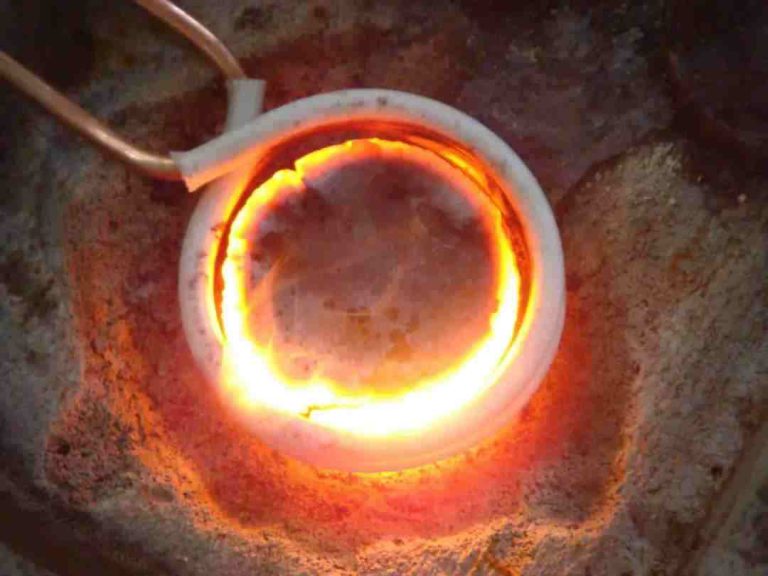Why Choose Heat Treated Bolts
Body
In various industrial sectors like automotive, aerospace, construction, and manufacturing, the significance of heat treatment in the production of bolts cannot be overstated. By undergoing a carefully regulated heat treatment process, bolts can significantly enhance their mechanical properties to meet specific criteria, ensuring reliability and performance in diverse applications.
Heat treated bolts are the result of a controlled heat treatment technique designed to alter their microstructure, thereby improving their mechanical characteristics. This crucial manufacturing step greatly influences the performance and durability of bolts, making them indispensable in various industries.
The process involves subjecting the bolts to high temperatures followed by rapid or gradual cooling, depending on the desired properties. This manipulation of temperature and cooling rate can enhance crucial qualities such as strength, ductility, toughness, wear resistance, and corrosion resistance.
One of the primary advantages of heat treated bolts lies in their increased strength. Through heat treatment, bolts can exhibit heightened hardness, toughness, and wear resistance, making them suitable for demanding applications that require superior load-bearing capacity, such as heavy machinery and structural components.
Furthermore, heat treatment process improves the ductility of bolts, reducing the likelihood of brittle fracture or failure. This increased ductility ensures that bolts can flex under stress without breaking, enhancing their dependability and safety, particularly in harsh operating conditions.

Corrosion resistance is another key benefit of heat treated bolts. By undergoing heat treatment, bolts can better withstand rust, oxidation, and other forms of corrosion, making them ideal for applications exposed to extreme environmental conditions or chemicals, as seen in marine, automotive, and aerospace industries.
Moreover, heat treatment enhances the fatigue resistance of bolts, crucial for withstanding repeated or cyclic stress. Bolts treated through this process exhibit improved fatigue strength, enabling them to endure multiple stress and load cycles without fracturing or failing, essential for applications subject to dynamic or variable loads.
Various heat treatment methods are employed in the production of bolts, including quenching, tempering, annealing, and normalizing, each offering distinct advantages in enhancing bolt properties.
Quenching involves rapid cooling of heated bolts in a quenching liquid to increase hardness and wear resistance, although it may lead to brittleness, often mitigated through subsequent tempering.
Tempering, on the other hand, involves controlled reheating and cooling to improve ductility and toughness, striking a balance between strength and flexibility.
Annealing entails slow cooling of bolts after heating to relieve internal stresses, enhance machinability, and reduce hardness, ideal for applications requiring ductile and durable bolts.
Normalizing, similar to annealing but with air cooling, refines grain structure to enhance strength and fatigue resistance, commonly used in heavy machinery and structural components.

In summary, heat treated bolts play a crucial role in various industries, offering superior strength, corrosion resistance, and fatigue resistance. Understanding the principles and methods of heat treatment is essential for ensuring optimal bolt performance across diverse applications, contributing to the reliability and safety of industrial systems.











Comments